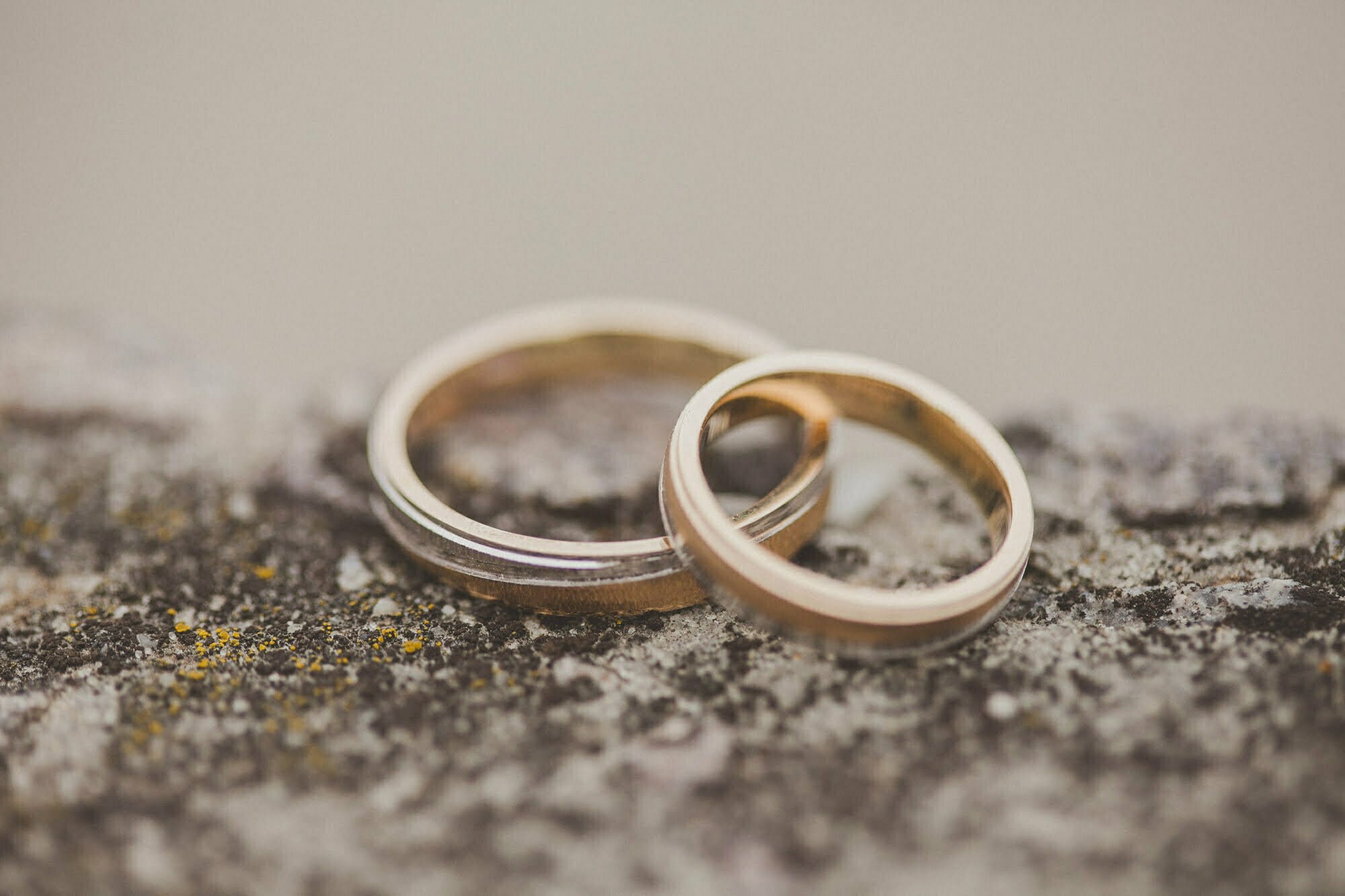Making the decision to seek couples counselling is a decision that all couples can take, whether you are experiencing a difficult time or not. Counselling is helpful to discover more about yourself, each other, and the relationship you are building. Many times, a couple will seek out counselling when they are struggling with communication and feel that the relationship longevity is at risk.
Going to a marriage counsellor is a way for both of you to be honest and share your point of view. This does come with the question – what not to say?
Things To Think About
When you are in a couples counselling session, you are going to share much of what you feel and think. There are some things that may hinder your progress. These elements are usually mindsets or approaches and they come across in our language and communication. Being aware of these mindsets will assist you in communicating with open minds and a focus on moving forward together.
The Blame Game
In marriage counselling it is beneficial to not play the blame game. Instead of using sentences that are ‘you’ based and focused on the other person’s actions, reframe these and use ‘I’ statements instead. When you use ‘I’ statements you are focusing the point of communication from your own perspective. This helps eliminate the temptation to blame your partner. When you blame your partner, it is highly likely that they will become defensive. When this is the case no healing or open communication can happen.
Throwing Around The Word ‘Divorce’
When you use threats such as taking a break or getting divorced you are limiting your belief that things will get better. Threats make the other person feel upset and intimidated and may result in a knee jerk reaction of agreement.
Threats also suggest that you are not willing to work and become vulnerable in the process. Remember that any therapeutic process requires you to be vulnerable. A marriage counsellor is there to facilitate the session and allow you to explore your relationship with each other in a safe environment. Reverting to threats, particularly of divorce, can take away from the safety and open communication needed to continue building the relationship.
Keeping Things From Your Partner
Usually, marriage counsellors will see you together as a couple. There are times where you may have individual sessions to help delve deeper into your own thoughts and feelings. In these sessions it is not unusual for someone to say, ‘Please don’t tell my spouse.’
The thing you want to keep from your spouse is often something that needs to be spoken about in the therapeutic setting and unpacked with the both of you. Keeping things from your partner in this setting can be detrimental to the goal. Remember that your counsellor is there for the relationship, which means they are there for you both equally. They will be there to assist you in opening communication for the sensitive and difficult discussions that you need to have. Before you ask your counsellor to keep something from your partner, think about whether it would be more helpful to ask your marriage counsellor to guide you on how to communicate it with your partner.
The Folded Arms
Our body language can sometimes speak louder than our words. Being in a marriage counselling session can be uncomfortable and distressing, especially if there is great conflict and fear regarding the relationship. Having open body language is good for two reasons.
Firstly, it helps you feel more relaxed and ready to communicate in an awkward situation. Taking deep breaths, unfolding your arms, sitting forward, and engaging with the communication will assist you in regulating yourself and be more open to hearing your partner’s point and sharing your own.
The second benefit of open body language is that your partner will feel that you are listening and engaged in the process. Our body language can communicate that we are not interested and are on the offensive. If this is what we are communicating then our partner will not feel comfortable expressing themselves and may become defensive. This will stop any communication from happening.
Being aware of your body language, facial expressions, and other non-verbal cues will help you communicate in a congruent manner throughout couples counselling.
To Wrap Up
Beginning a process of marriage counselling requires commitment from both partners. This commitment needs to be in mindset as well as action. Some of the phrases or statements mentioned above form unconsciously in our minds and influence the way we engage in the therapeutic process.
By becoming aware of these mindsets and common things we say we are able to make the most of marriage counselling. Knowing that this is a journey that both partners will take on can comfort us and help us remain open and honest, even when it is difficult.
If you feel that you need a marriage counsellor you can contact us at One Life Counselling and Coaching.



